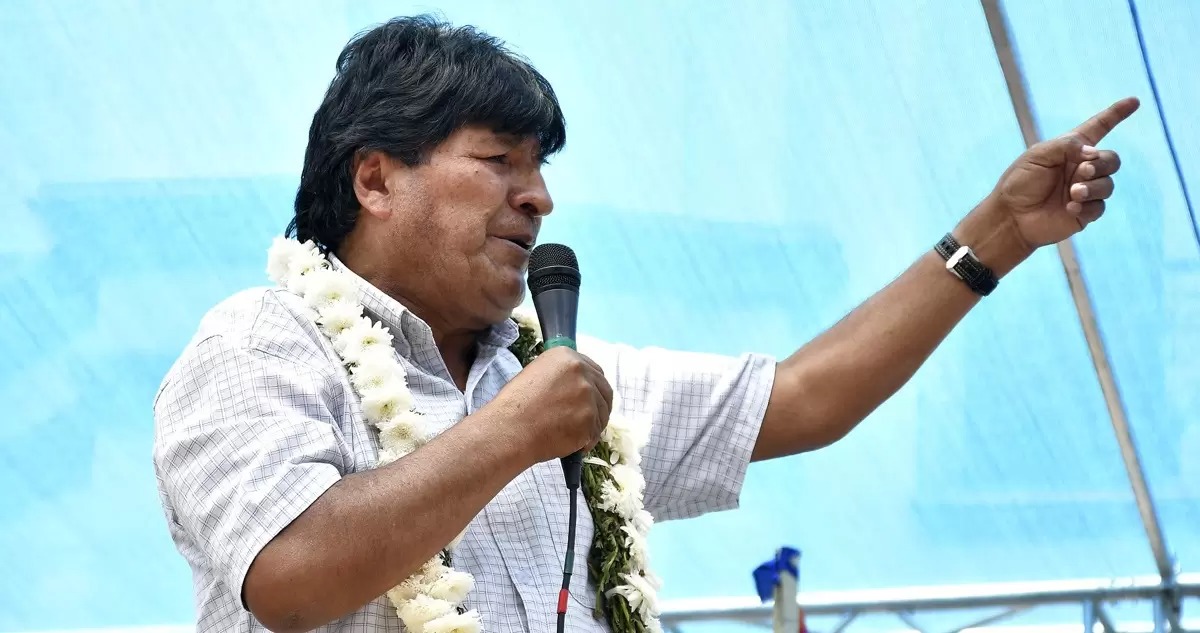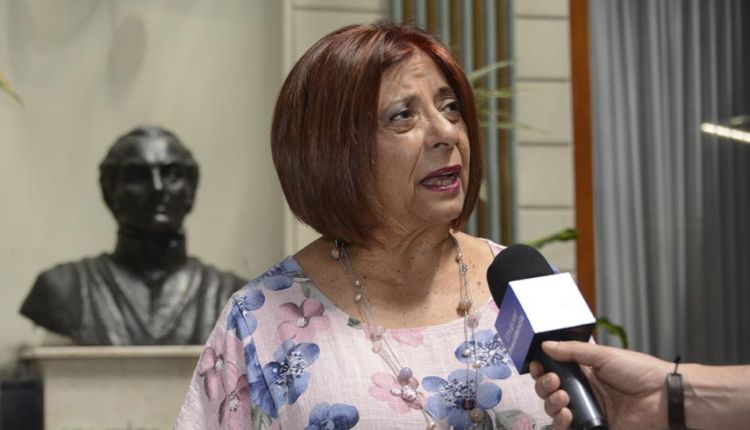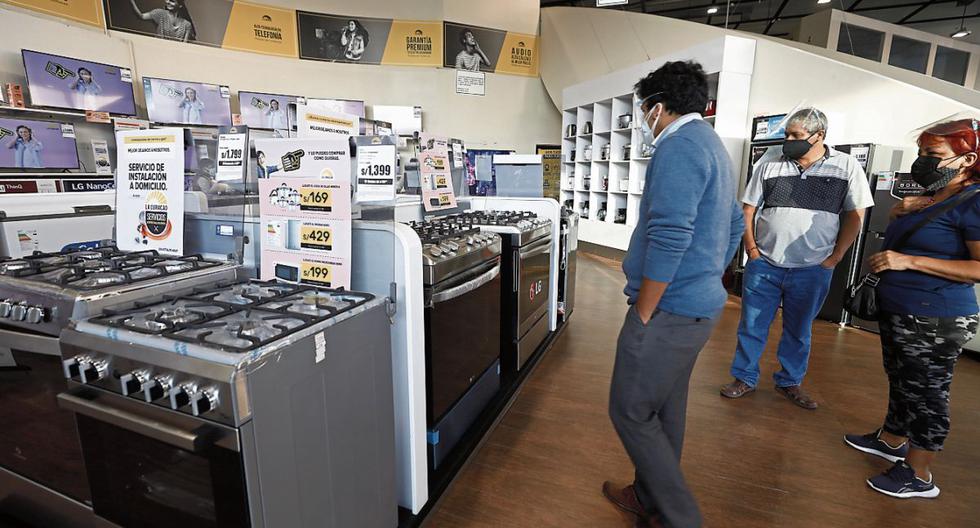Lima, (EFE).- The Prime Minister of Peru, Alberto Otárola, accused the former Bolivian President Evo Morales of having “active political participation in the south” and “directly affecting” the country’s regulations, shortly after learning that the Executive had prohibited the entry of the former president.
«Evo Morales (…) had an active political participation in the south of the country, strictly applying the migration law. The National Superintendence of Migrations has decided to prevent Evo Morales from entering Peru (…) because it directly affects the regulations of Peru,” Otárola said in a statement, explaining the reasons why the government decided to prevent the former president from entering and eight other people.
Specifically, he referred to article 48 of the law that “establishes that no person who threatens or disturbs the internal order enters Peru.”
“It will not enter our Peru again unless this impediment established in the internal regulations is lifted,” explained the chief of staff.
In Otárola’s opinion, these nine people -Morales included- “have been very active promoting a crisis situation” and assured that the “firm and emergency” decision has “been taken for the benefit of the life and integrity of all Peruvians ».
The anti-government demonstrations that began on December 7 after the failed self-coup by then President Pedro Castillo have concentrated after a Christmas truce in the south of the country, especially in the department of Puno, on the border with Bolivia.
Shortly before, the Ministry of the Interior detailed in a statement that, “in recent months, foreign citizens of Bolivian nationality have been identified who entered the country to carry out activities of a political proselytizing nature.”
This “constitutes a clear impact on our immigration legislation, national security and the internal order of Peru.”
The decision of the Peruvian authorities became known after the Peruvian president, Dina Boluarte, announced last week that she was analyzing with the immigration authority “the situation of entry” of Morales to his country, because he should not “intervene in internal issues ».
“In Peru we have the right to weave our own history and that no one, people outside the national territory, have to be coming and want to intervene in weaving our history,” he stressed.
In November 2021, the Foreign Relations Committee of Congress declared Morales persona non grata “for his negative political activism in Peru and his evident interference and meddling in the government’s agenda” of then-President Pedro Castillo (2021-2022).
Morales was also denounced last Thursday before the Peruvian Prosecutor’s Office by the ultra-conservative congressman Jorge Montoya, for the alleged commission of crimes against national security and treason, in the modality of “attack against national integrity.”
Morales (2006-2019) maintained an active presence in Peru, especially in the southern regions of the country, during the Castillo government with the aim of encouraging the integration of regions such as Puno into the Runasur project, the international platform of social and indigenous movements. that drives















